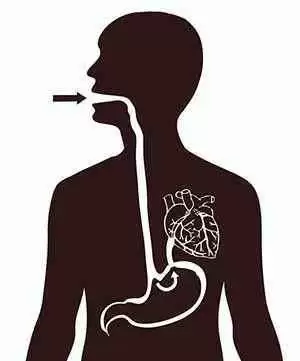Celiac.com 01/29/2004 - According to researchers at the Mayo Clinic in Rochester Minnesota, the main causes of non-responsive celiac disease are: "1) gluten contamination is the leading reason for non-responsive celiac disease; 2) of non-responsive celiac disease cases, 18% are due to Refractory Sprue; and 3) alternative diseases or those coexistent with celiac disease and gluten contamination should be ruled out before a diagnosis of Refractory Sprue is made." The researchers define Refractory Sprue as "failure of a strict gluten-free diet to restore normal intestinal architecture and function in patients who have celiac-like enteropathy," and conducted a study to determine possible causes, including how many people actually have Refractory Sprue compared with how many are diagnosed with it.
Celiac.com Sponsor (A12):
The researchers examined the medical records of 55 patients who were, between 1997 and 2001, presumed to have non-responsive celiac disease, six of which were later found not to have celiac disease. Of the 49 remaining patients 25 were identified as having gluten contamination in their diet. The researchers add: "Additional diagnoses accounting for persistent symptoms included: pancreatic insufficiency, irritable bowel syndrome, bacterial overgrowth, lymphocytic colitis, collagenous colitis, ulcerative jejunitis, T-cell lymphoma, pancreatic cancer, fructose intolerance, protein losing enteropathy, cavitating lymphadenopathy syndrome, and tropical sprue."
I think that it is clear that if you have celiac disease and continue to have symptoms your first step should be to look closely at your diet for any possible gluten contamination. Your next step should be eliminating other common food intolerance items such as cows milk, soy, eggs or corn. -Scott Adams




.webp.99896af56bb1803946dfc6fde9ea63f3.webp)



Recommended Comments